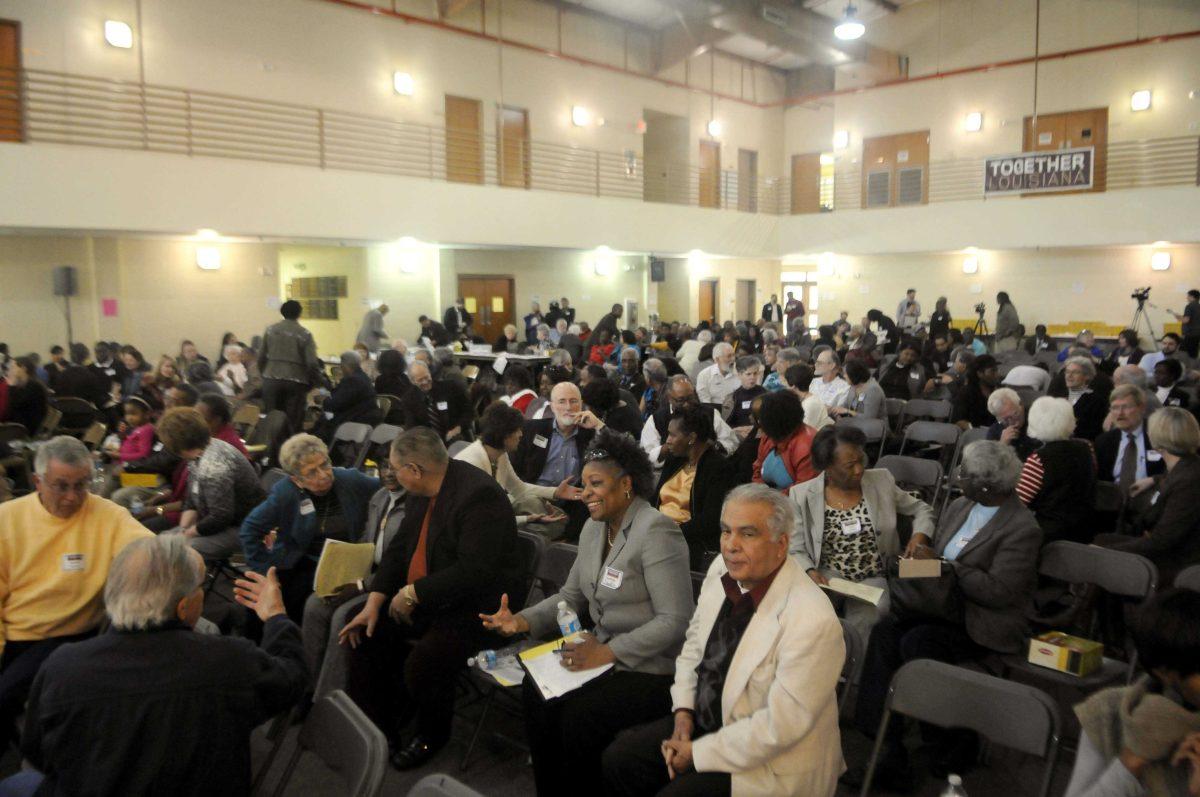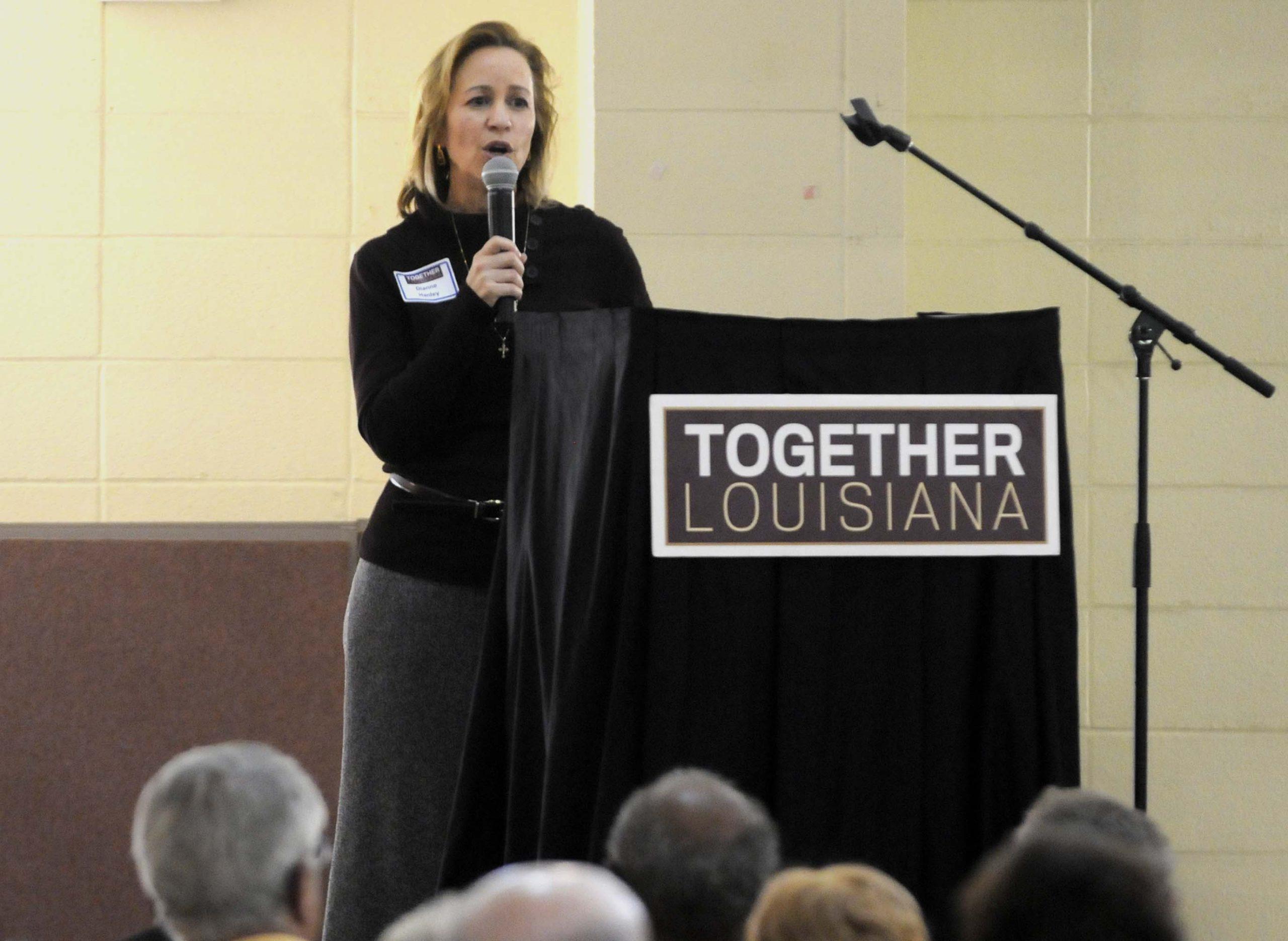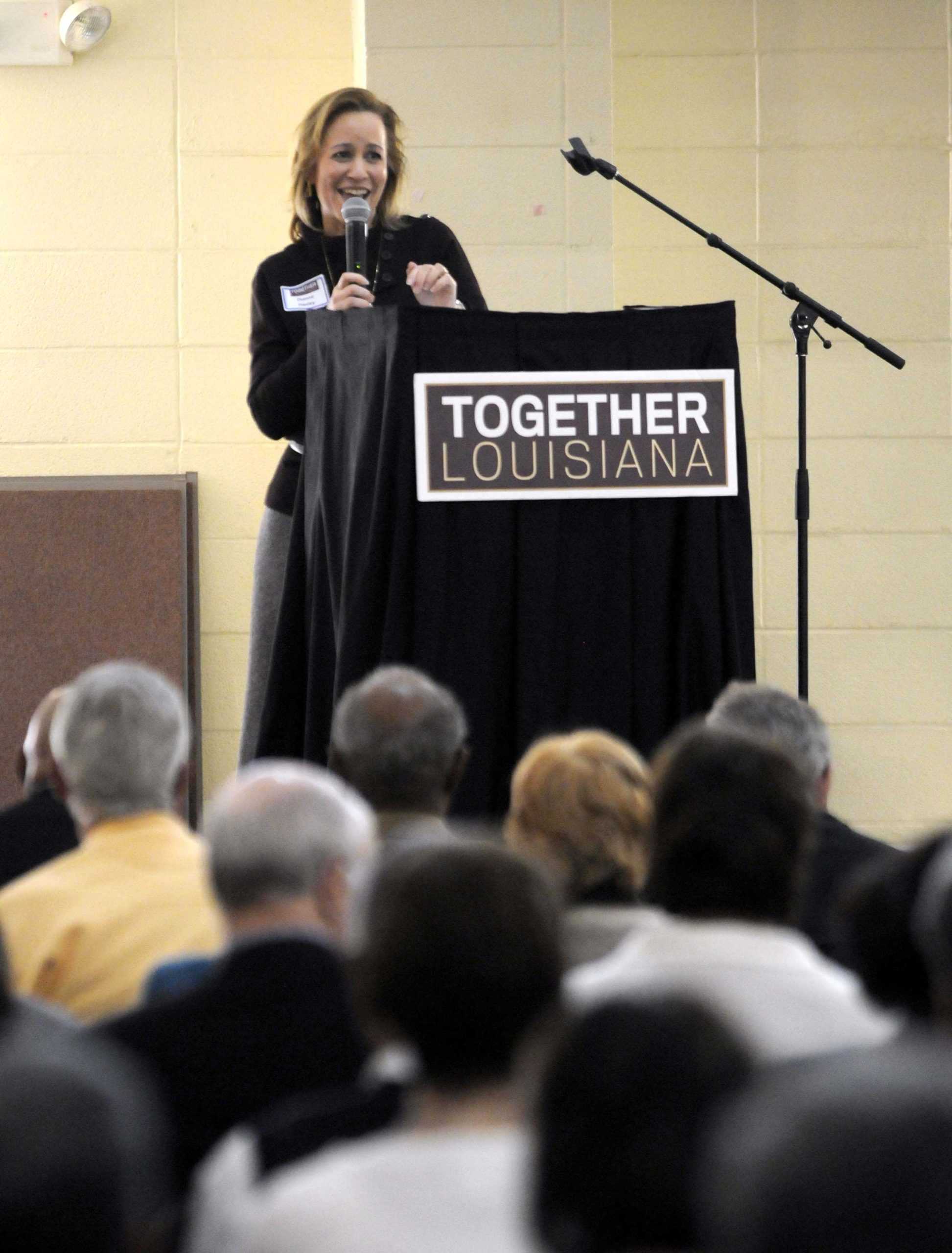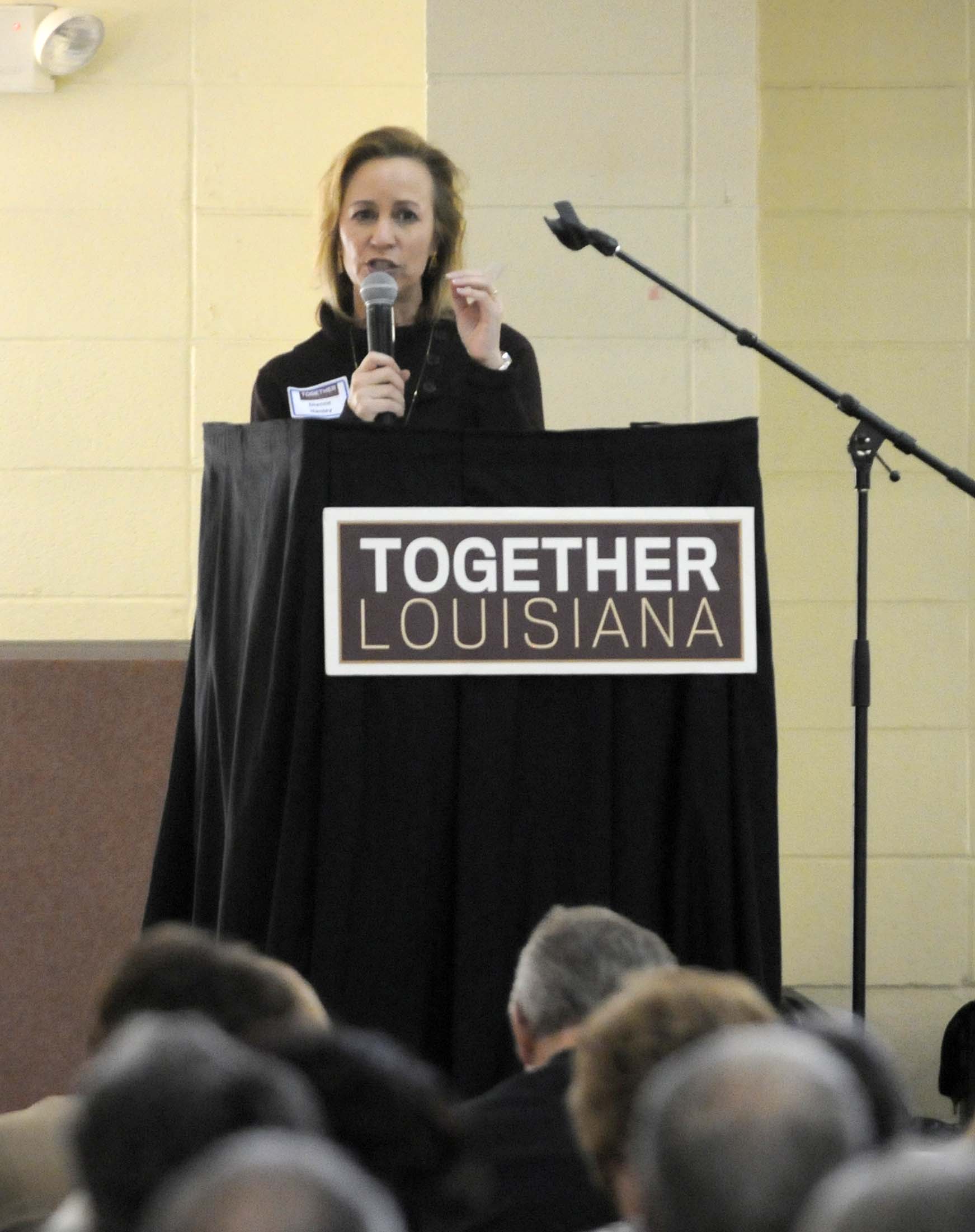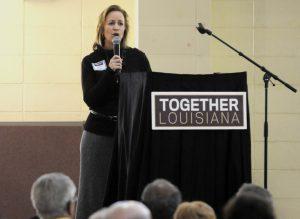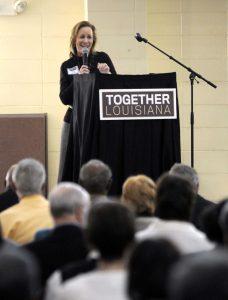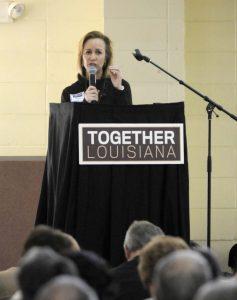Hundreds of influential Louisiana interfaith leaders and activists united Saturday to discuss a number of pressing issues, like income inequality and college affordability, hoping to present a unified voice when this year’s legislative session starts.
The event was hosted by Together Louisiana, an organization composed of more than 150 religious congregations as well as civic organizations representing more than 150,000 people from across the state.
Three of the larger organizations within Together Louisiana are Northern and Central Louisiana Interfaith, the Jeremiah Group and Together Baton Rouge. All three have influenced change by publicly lobbying for improvement in public safety, drug law enforcement and the public transit system.
The interfaith organizations come from all over the state including Shreveport, Monroe and Baton Rouge.
The conference featured group sessions called “civic academies” aimed at informing the attendees of the facts surrounding key issues they would like the state legislature to address. These civic academies are a crash course on a specific issue, and they attempt to cultivate ideas for changing the quality of life across Louisiana, said Edgar Cage, Together Baton Rouge executive committee member.
The six civic academy sessions addressed mass incarceration in Louisiana, state budget and tax giveaways, health care and Medicaid expansion, work wages and economic inequality, and wetlands and environmental care.
The civic academies lay out the issues and address how to fix them, Cage said. The conference and Together Louisiana bring the issues people are concerned about to the legislature.
“We want to build a constituency that has never been seen before,” Cage said. “One that can be heard and more importantly, not ignored.”
Cage said industry in Louisiana is based around a model that is set up to unload a series of fees on citizens who are in need to acquire as much money as possible through raising interest rates, such as with pay day loans.
Pay day loans often have an interest rate of close to 500 percent, Cage said. This is just one of the issues represented in the conference: attempting to bring that rate down to a reasonable rate around 36 percent across the board, he said.
Erika Zucker, policy advocate at Workplace Justice Project Law Clinic, in her wage inequality session, compiled evidence to support the idea that a higher minimum wage would not hinder the economy, but reinforce it.
“It is an issue that affects all workers, young and old,” Zucker said. “Young people in the workforce often feel they are not worth much because of the low wages they receive.”
John Anderson, a professor of physics at the University of Louisiana at Monroe, led the summit’s civic academy on higher education, and stressed the importance of an affordable college education.
“It’s important because it’s not only an investment in the future, it’s an investment in now,” Anderson said.
Anderson argued the state receives $8 in the form of economic development for every $1 put into higher education funding, and said state cuts to higher education funding from 2008-13 resulted in $1 billion of re-loss in Louisiana’s economy.
Though Anderson acknowledged some actions of the Jindal administration “are not working,” he said he was relieved by Gov. Bobby Jindal’s announcement not to cut higher education in the upcoming fiscal year, and said the WISE effort, a plan to align higher education in the state with workforce needs, was a good first step for Louisiana’s universities.
While all these issues were brought to the forefront in an attempt to eradicate some of the issues in Louisiana’s society today, the meeting began and ended with a prayer led by the religious leaders that influence change in legislature.
“We have to become experts so we can take our issues to the legislature,” said Rene Singleton, a Together Baton Rouge leader.
Together Louisiana’s conference seeks to combat issues
February 16, 2014
Attendees of the Together Louisiana Statewide Issues Conference exchange stories on Saturday, Feb. 15, 2014 at the Shiloh Missionary Baptist Church.
More to Discover



